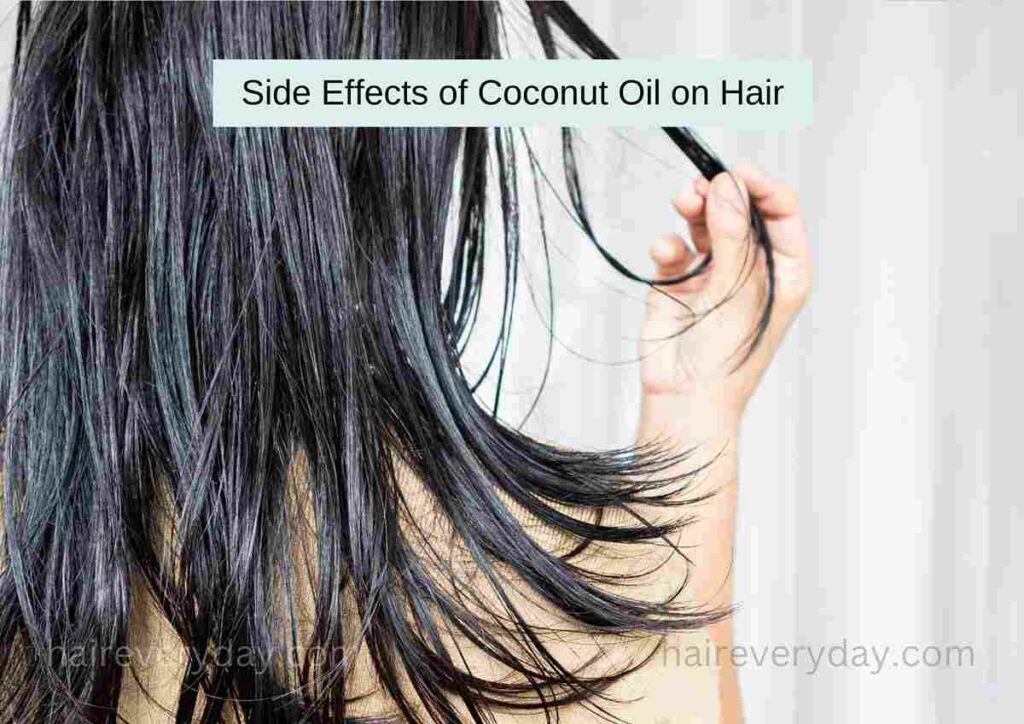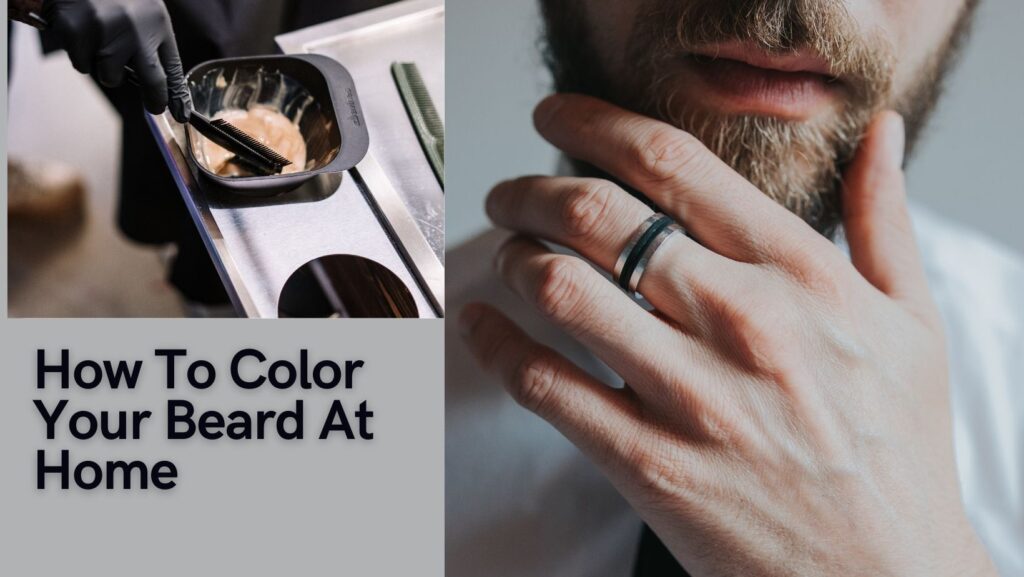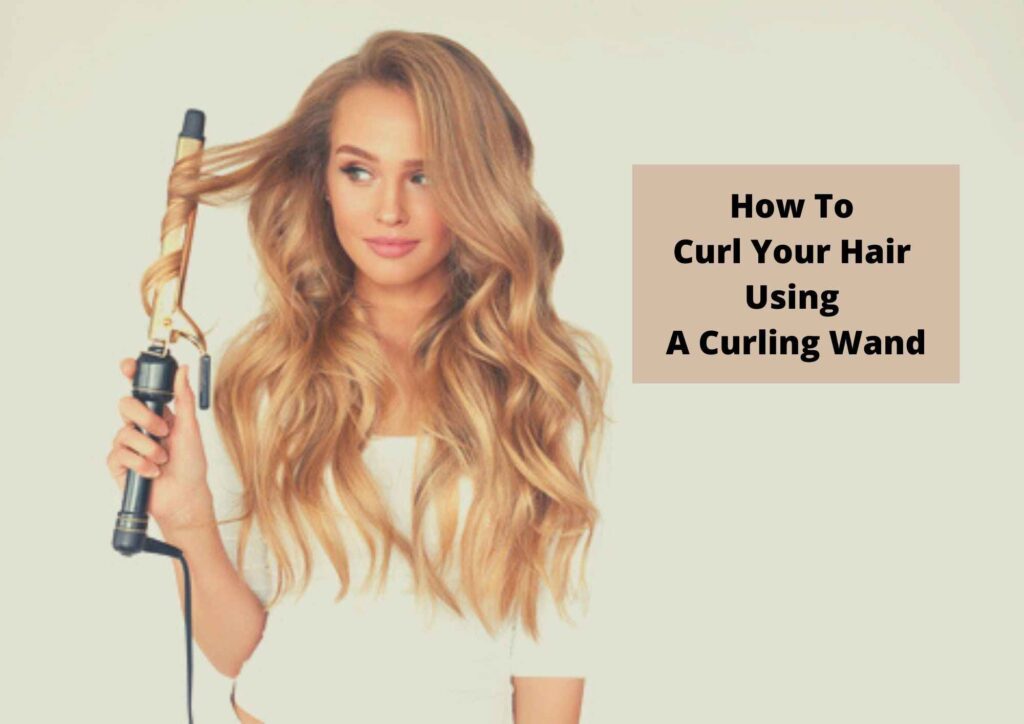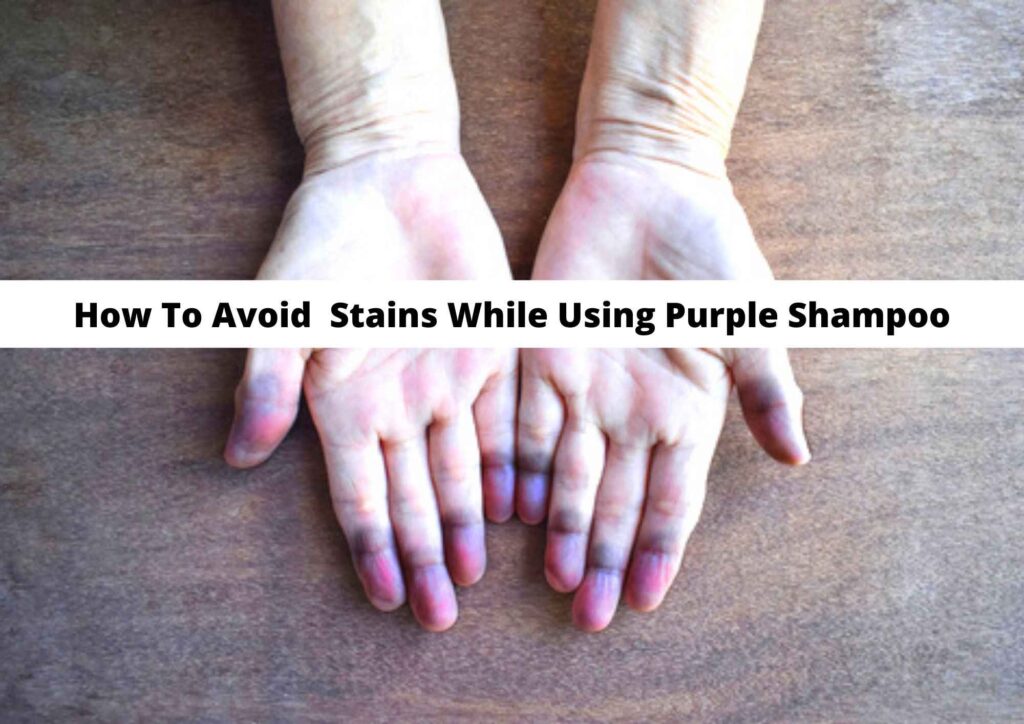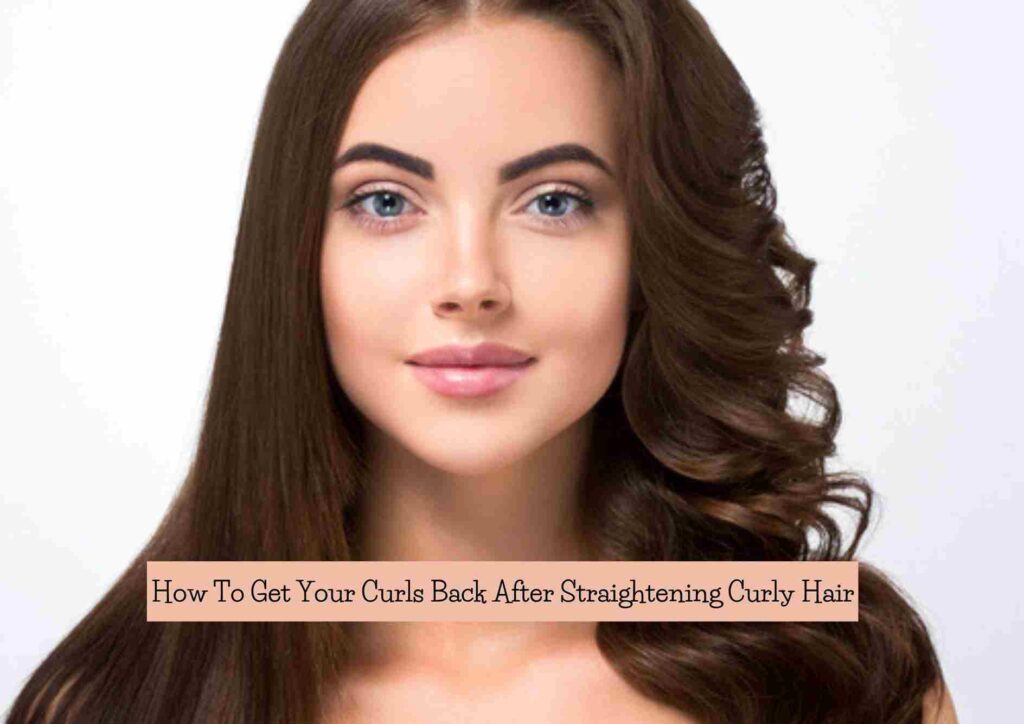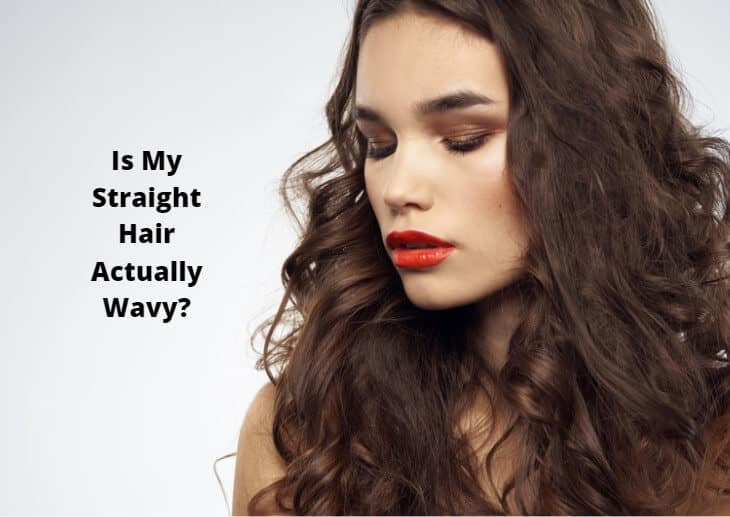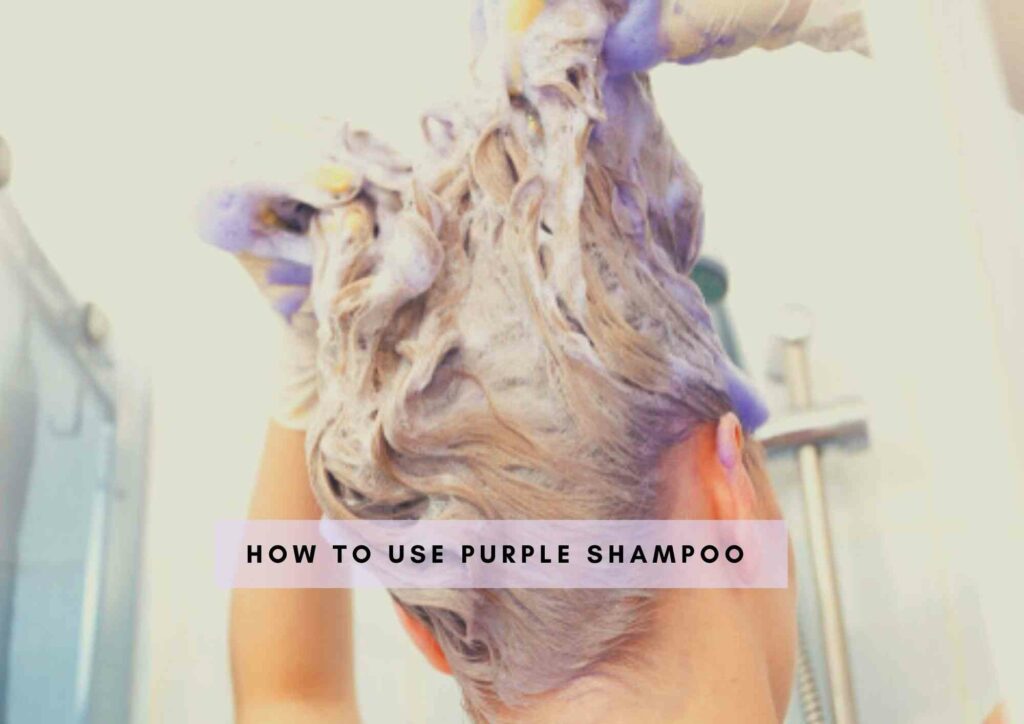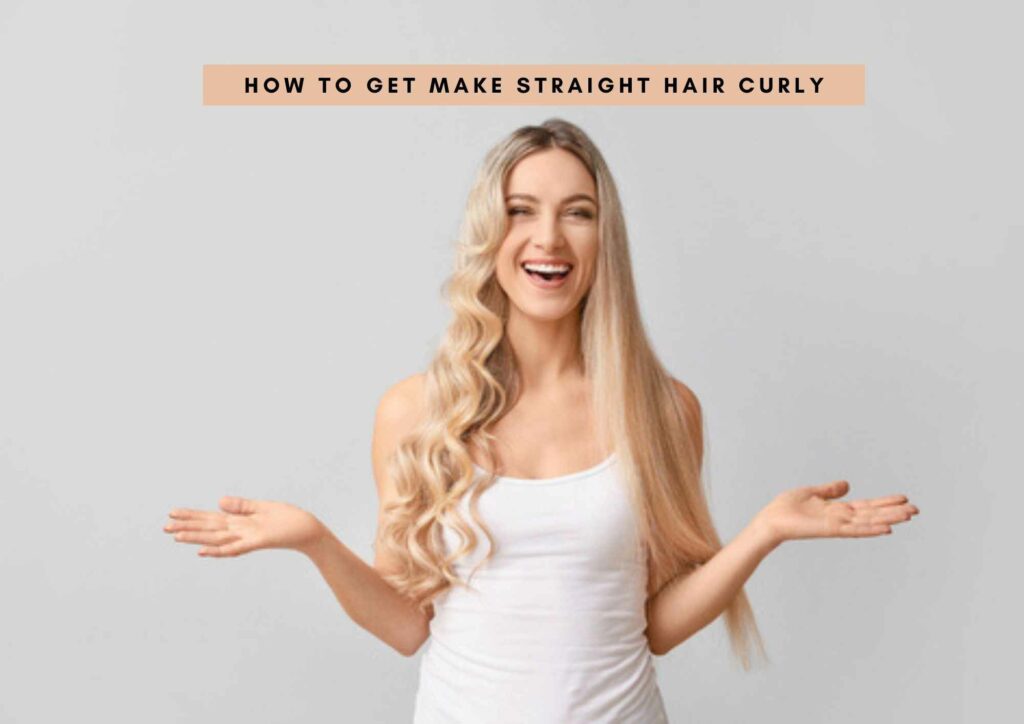“Explore the potential side effects of coconut oil on hair. Discover how this popular hair treatment can affect your locks. Learn about the benefits and potential drawbacks of using coconut oil for hair care in our detailed guide on ‘Side Effects of Coconut Oil on Hair.'”
Coconut oil has gained immense popularity in recent years as a versatile and natural remedy for various hair concerns. Many people swear by its ability to moisturize, condition, and promote hair growth.
However, it’s essential to recognize that while coconut oil can be beneficial for some hair types and conditions, it may not be suitable for everyone.
So today I will tell you about some potential side effects of using coconut oil on hair and the scenarios in which its use might be counterproductive.
Side Effects of Coconut Oil on Hair
1. Excessive Greasiness: One of the most common side effects of using coconut oil on hair is the risk of making your hair overly greasy. Coconut oil is heavy and can easily weigh down your hair, leaving it looking flat and oily, especially if you use too much.
2. Difficulty in Washing Out: Coconut oil is not easily soluble in water, which can make it challenging to wash out completely. Residue left behind on the scalp and hair can attract dirt and make your hair appear dull and lifeless.
3. Clogged Hair Follicles: The thick consistency of coconut oil can clog hair follicles and lead to potential scalp issues, including pimples, blackheads, and even infections in some cases.
4. Potential Allergic Reactions: Some individuals may be allergic to coconut oil. If you experience itching, redness, or rash after applying coconut oil to your hair and scalp, you should discontinue use immediately.
5. Hair Breakage: While coconut oil can be effective at preventing protein loss from hair, excessive use or incorrect application can lead to hair becoming brittle and prone to breakage.
6. Scalp Issues: Coconut oil may exacerbate scalp conditions such as dandruff and seborrheic dermatitis in some individuals. Its heavy texture can trap moisture, creating a breeding ground for fungal growth.
7. Weighted Down Hair: If you have fine or thin hair, coconut oil can make it appear flat and lack volume due to its heavy nature. It may also make styling more challenging.
8. Unwanted Weight Gain: While this is not a direct hair-related side effect, excessive consumption of coconut oil can lead to weight gain. Some people mistakenly believe that consuming coconut oil will improve hair health, but it should be used topically rather than ingested for this purpose.
9. Reduced Effectiveness Over Time: The more frequently you use coconut oil on your hair, the less effective it may become. Your hair can develop a resistance to its moisturizing effects, causing it to lose its luster.
10. Overuse Leading to Hair Loss: In rare cases, excessive use of coconut oil can lead to hair loss. This is typically a result of clogged hair follicles and a lack of proper cleansing, which can weaken the hair and lead to breakage.
Top 3 Dangers of Using Coconut Oil for Hair Loss
1. Clogged Hair Follicles: When using coconut oil to address hair loss, there is a risk of clogged hair follicles. The oil can block hair follicles, potentially hindering the growth of new hair and exacerbating the hair loss problem.
2. Ineffective for Certain Types of Hair Loss: Coconut oil may not be effective for all types of hair loss. While it can help with hair breakage and damage, it may not address underlying causes of hair loss such as genetics, hormonal imbalances, or medical conditions.
3. Delay in Seeking Professional Help: Relying solely on coconut oil for hair loss can delay seeking professional advice and treatment for underlying issues. If you are experiencing significant hair loss, it is advisable to consult with a dermatologist or a healthcare provider to determine the cause and explore appropriate treatment options.
Why You Shouldn’t Use Coconut Oil on Hair If You Have Dandruff
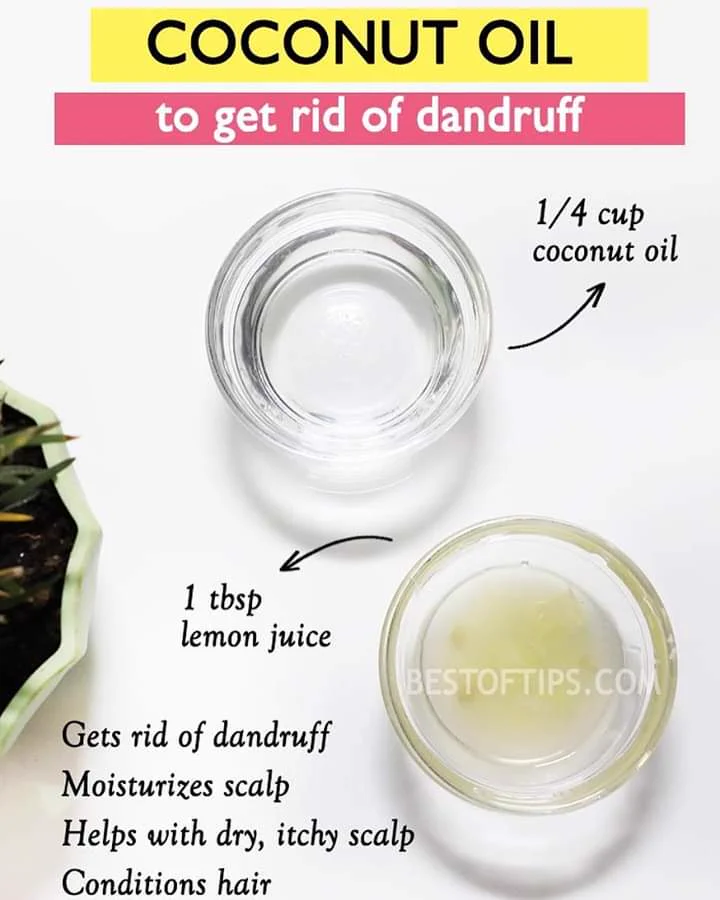
Contrary to popular belief, coconut oil may not be the best choice for those dealing with dandruff issues. Dandruff is often caused by a fungal overgrowth on the scalp, and coconut oil’s heavy texture can exacerbate the problem. Here’s why you should avoid using coconut oil if you have dandruff:
1. Fungal Growth: Coconut oil can create a moist and warm environment on the scalp, which is conducive to the growth of fungi. If you already have dandruff, this can worsen the condition by providing a breeding ground for the fungus.
2. Difficulty in Washing Out: As mentioned earlier, coconut oil can be challenging to wash out completely. This can lead to the accumulation of oil and dead skin cells on the scalp, making dandruff more noticeable.
3. Irritation and Itching: For some individuals, coconut oil can cause irritation and itching when applied to a sensitive or inflamed scalp. This can worsen the discomfort associated with dandruff.
If you have dandruff, it’s better to opt for specialized anti-dandruff shampoos containing active ingredients like ketoconazole, zinc pyrithione, or salicylic acid. These products are formulated to target the root causes of dandruff and provide relief from the symptoms.
Is Coconut Oil Safe to Use If You Have Fine, Thin Hair Texture?
Individuals with fine or thin hair often face unique challenges when it comes to hair care. While coconut oil can offer benefits for some hair types, it may not be the best choice for fine, thin hair. Here’s why:
1. Weighs Down Hair: Coconut oil is a heavy oil, and when applied to fine hair, it can weigh it down, making it appear flat and lacking volume.
2. Difficult to Rinse: Fine hair can become easily coated with coconut oil, and its thick texture can be difficult to rinse out completely. This can leave your hair looking greasy and lifeless.
3. Potential for Hair Breakage: Fine hair is more susceptible to breakage, and excessive use of coconut oil can lead to brittleness and breakage due to the oil’s heavy nature.
4. Loss of Natural Volume: Fine hair often benefits from maintaining its natural volume and texture. Coconut oil can diminish this natural volume, making styling more challenging.
If you still wish to use coconut oil on fine hair, it’s essential to use it sparingly and focus on applying it to the ends of your hair rather than the roots. This can help minimize the risk of greasiness and flatness.
Can I Get an Allergy to Coconut Oil When Applied on Hair and Scalp?
Yes, it is possible to develop an allergy to coconut oil when applied to the hair and scalp. While coconut oil is generally considered safe for topical use, some individuals may experience allergic reactions. Common symptoms of an allergic reaction to coconut oil applied to the hair and scalp include:
– Itching and redness on the scalp or skin.
– Rash or hives.
– Swelling, particularly around the eyes, face, or neck.
– Burning or stinging sensations.
If you experience any of these symptoms after applying coconut oil, it’s essential to discontinue use immediately. Allergic reactions can vary in severity, and in some cases, they can be quite severe, necessitating medical attention. To determine if you have a coconut oil allergy, consult with an allergist or dermatologist who can conduct allergy testing.
Can Coconut Oil Cause Hair Loss?
While coconut oil is often touted for its potential benefits for
hair, it is generally not considered a cause of hair loss when used in moderation and with proper application. However, there are scenarios in which coconut oil can indirectly contribute to hair loss:
1. Clogged Hair Follicles: The heavy texture of coconut oil can potentially clog hair follicles if not thoroughly washed out. Clogged follicles can weaken the hair, leading to breakage and hair loss over time.
2. Lack of Proper Cleansing: Some individuals may not properly cleanse their hair and scalp after applying coconut oil. This can result in a buildup of oil and debris, potentially affecting the health of the hair and scalp.
3. Incompatibility with Certain Hair Types: As discussed earlier, coconut oil may not be suitable for all hair types. If you have fine or thin hair and use coconut oil excessively, it can potentially lead to hair breakage, which may be mistaken for hair loss.
It’s important to use coconut oil in moderation and ensure it is thoroughly rinsed out after application. If you notice any unusual hair loss or changes in your hair’s health, consult with a healthcare provider or dermatologist to determine the underlying cause and appropriate treatment.
Is Leaving Coconut Oil on Hair Overnight Bad for You?
Leaving coconut oil on your hair overnight, often referred to as a “coconut oil hair mask,” is a common practice for deep conditioning and moisturizing. However, whether it’s beneficial or bad for you depends on your hair type and the amount of coconut oil used.
Here are some considerations for leaving coconut oil on your hair overnight:
Benefits:
1. Deep Conditioning: Coconut oil can penetrate the hair shaft and provide deep conditioning, helping to moisturize and strengthen the hair.
2. Reduced Frizz: It can help reduce frizz and improve the overall texture of the hair, making it smoother and more manageable.
3. Scalp Health: Massaging coconut oil into the scalp can improve blood circulation and promote a healthy scalp, potentially benefiting hair growth.

Drawbacks:
1. Greasy Hair: Leaving coconut oil on your hair overnight can result in greasy and weighed-down hair, especially if you use too much. This can be particularly problematic for individuals with fine or thin hair.
2. Difficult to Rinse: Coconut oil can be challenging to rinse out completely, and if not rinsed properly, it can leave a residue that attracts dirt and can make your hair look dirty.
3. Acne Breakouts: If coconut oil comes into contact with your face or neck while sleeping, it can potentially lead to acne breakouts or exacerbate existing acne.
4. Allergies: If you are allergic to coconut oil, leaving it on your hair overnight can increase the risk of skin reactions, itching, and redness.
To make the most of a coconut oil hair treatment without the drawbacks, consider the following tips:
– Use a minimal amount of coconut oil to avoid excessive greasiness.
– Concentrate on applying it to the ends of your hair rather than the roots.
– Protect your pillowcase and sheets to prevent oil transfer.
– Thoroughly rinse your hair in the morning to remove any remaining residue.
In conclusion, while coconut oil can offer numerous benefits for hair, it’s essential to use it judiciously and consider your hair type, specific concerns, and potential allergies.
What works well for one person may not be suitable for another, so it’s advisable to perform a patch test before using coconut oil extensively on your hair and scalp.
Always listen to your hair’s needs and seek professional guidance if you experience any adverse effects from its use.
Why You Should Trust Haireveryday?
The author of this article, Leah Marie Priest has a degree in Cosmetology with years of experience in dealing with hair care, scalp care, and hairstyling. As someone who extensively deals with all kinds of hair textures, products, styling methods and more, hair Leah Marie knows what kind of products and procedures suit each hair type and person. We have also tested these hair products and processes ourselves to provide you an unbiased review about every product. Each of our articles are also reviewed by a team of medical professionals so that you get the most accurate and expert-reviewed information.
Also Read:
What Happens If You Oil Hair Everyday
Can I Mix Hair Dye With Coconut Oil
Is Coconut Oil Bad For Low Porosity Hair
Will Adding Coconut Oil To Henna Make Hair Softer
Disturbing Side Effects Of Using Essential Oils On Hair
To Summarize

